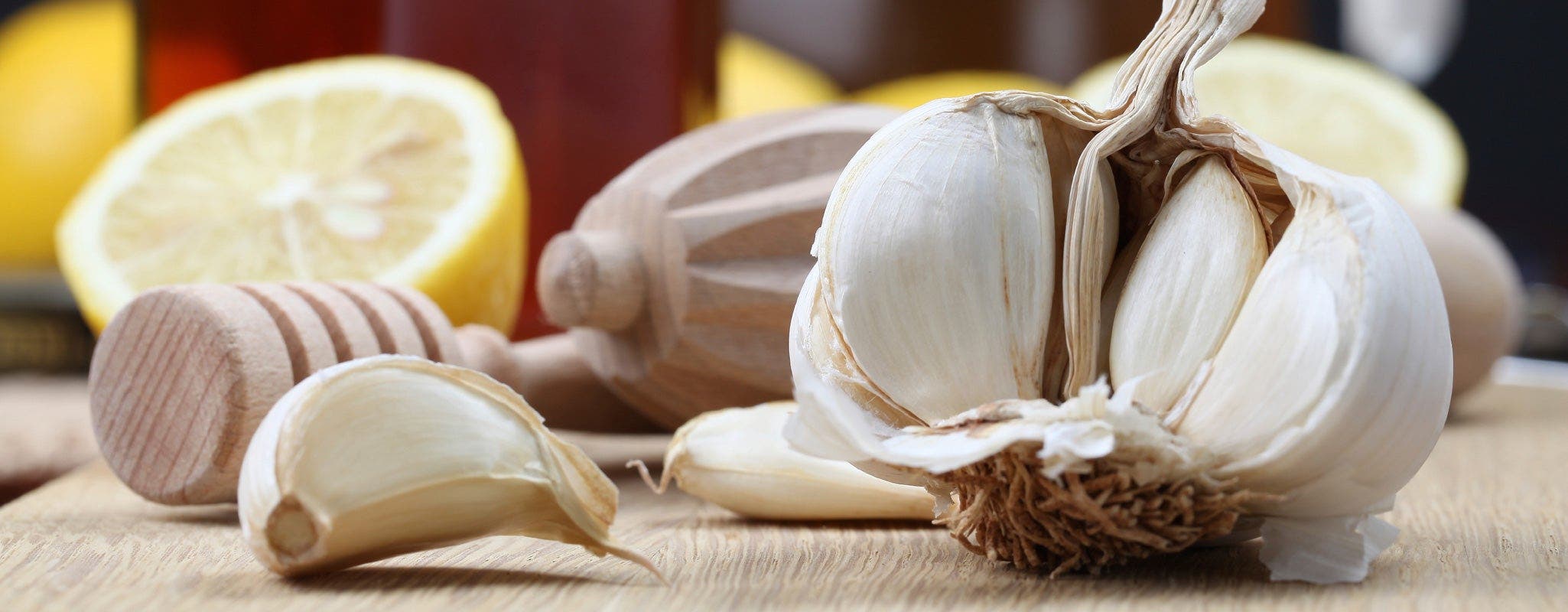Cold-Proofing Your Diet


It's easier to find cold-fighters in your refrigerator than on the pharmacy shelf — if you know what to look for.
The best diet for your immune system is one loaded with fruits and vegetables, says Susan Mitchell, PhD, RD, co-author of Fat is Not Your Friend. "The phytochemical levels are extremely high, which makes fruits and vegetables powerful players in building a strong immune system," Mitchell says.
Phytochemicals and antioxidants are found in plant foods like fruits, vegetables, grains and beans. Carotenoids — one family of immunity-boosting plant compounds — is rife in carrots, pumpkin and winter squash, as well as in green vegetables like spinach, dark green lettuce and broccoli.The darker and leafier the vegetable, the higher the carotenoid level. If you do catch a cold this season, some believe that it might be shorter and less severe if your diet is rich in carotenoid and other phytochemicals, Mitchell says, and more dark, leafy vegetables is not bad for general health either.
Foods that contain vitamin C or zinc might also help to ward off nasty colds because both are known to be important to immune function. Terrific sources of vitamin C include citrus fruits, red peppers, green leafy vegetables and potatoes, and zinc is found in meat, poultry, eggs and legumes.
Ache-fighting food tips
These foods will help you avoid sniffling and sneezing your way through cold season:
- Garlic.These potent cloves repel more than vampires; they contain substances that are potentially antioxidant, antibacterial, antiviral and antifungal. "Garlic stimulates immune functioning," says Lisa Stollman, MA, RD, president of the Preventive Nutrition Clinic in Huntington, New York. Plus this aromatic bulb enhances the flavour of a myriad of dishes, including soups, salad dressings, stir fries and toppings, and spreads like tomato bruschetta, guacamole and hummus.
- Oysters. This delicious shellfish is more than an aphrodisiac. According to Jean Carper, nutrition columnist for USA Weekend, smoked oysters are the richest source of zinc available, so shuck them down from time to time. Other foods loaded with zinc: crab meat, turkey and pot roast.
- Dried fruit. "Often-overlooked snacks like raisins, dried cherries and blueberries are potent," says Mitchell. "Their antioxidant level is really high, and they're simple additions to the diet when you're on the run." Toss some into cereal or salads, or enjoy them on their own. And in winter, use frozen blueberries to liven up a smoothie.
- Yogurt. According to Stollman, the live, active bacterial cultures in yogurt might be able to boost immunity by increasing production of antibodies and natural killer cells. "Eating six ounces of yogurt daily helps prevent colds," she asserts. Enjoy some for breakfast or as a snack, or try a dollop of yogurt on muesli or a spoonful in shakes.
-
Vitamin C sources. Guava, papaya, cantaloupe, strawberries and kiwifruit are great sources of vitamin C beyond the typical citrus fruits. A salad of ripe tomatoes and sweet peppers is also therapeutic. Strive for several servings of vitamin C-rich foods daily.
Snuffing out sniffles
If you already have a cold, your kitchen can still yield remedies. Licorice tea might soothe irritated throats and suppress coughs, and sage tea makes a great sore-throat gargle. (Be sure to check with your doctor before buying herbal teas due to potential interactions.) Hot soup and any hot tea might help clear up congestion because viruses prefer dry environments, according to Carper.
Spicy foods can also help. So break out the hot salsa, get liberal with wasabi, or throw some chiles into pastas, stir-fries and soups. "Chile peppers work like decongestants," Stollman explains. They might help you feel better sooner.
